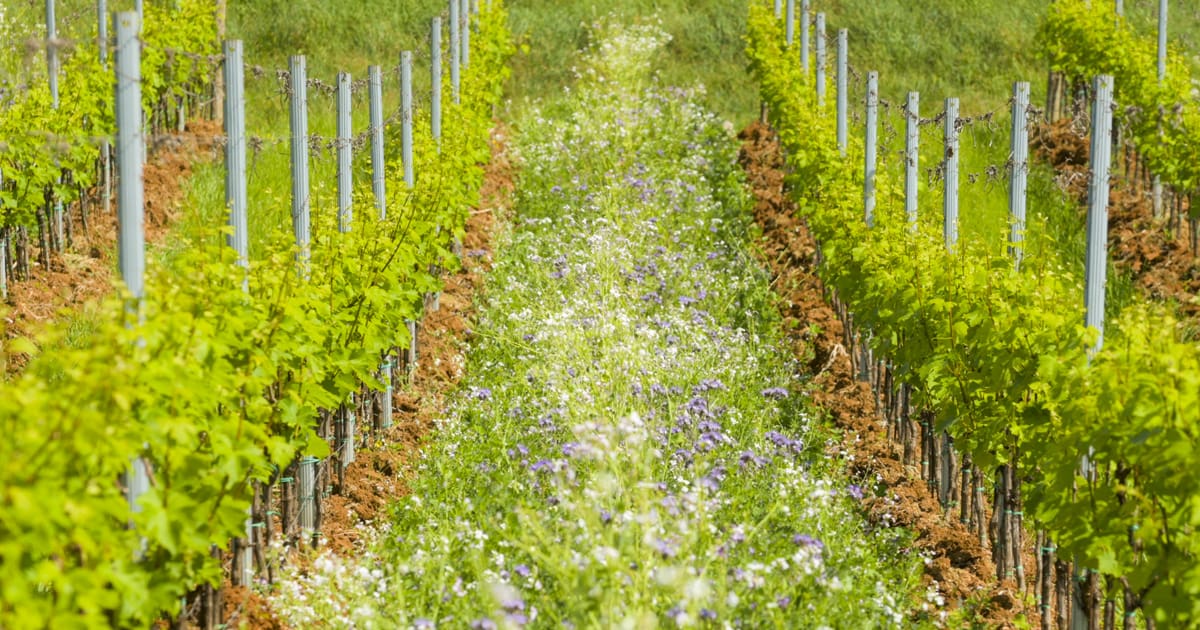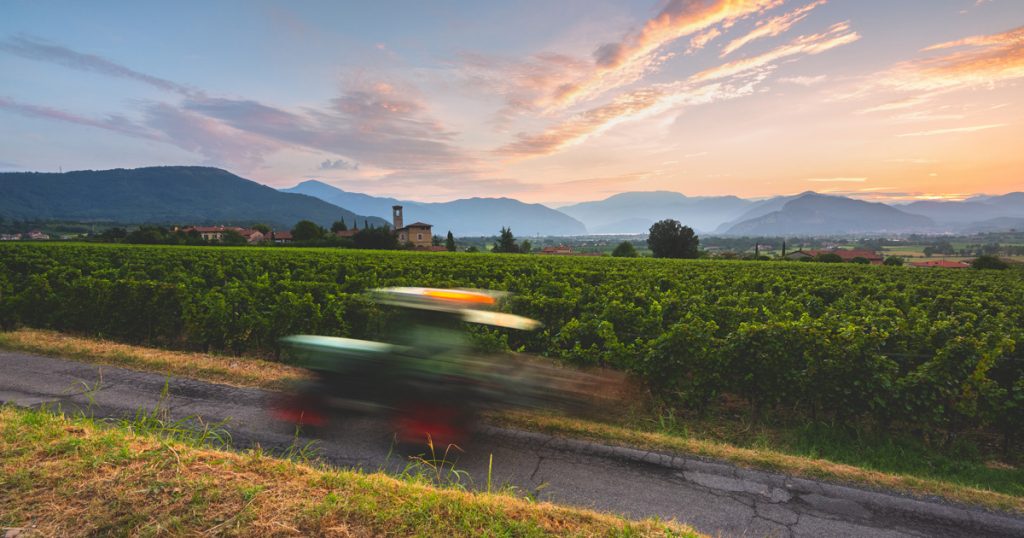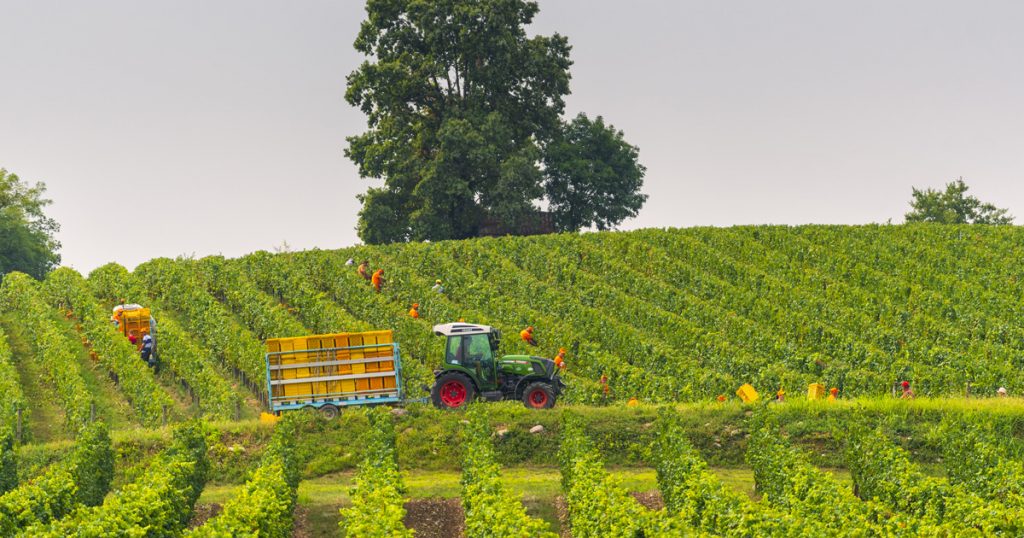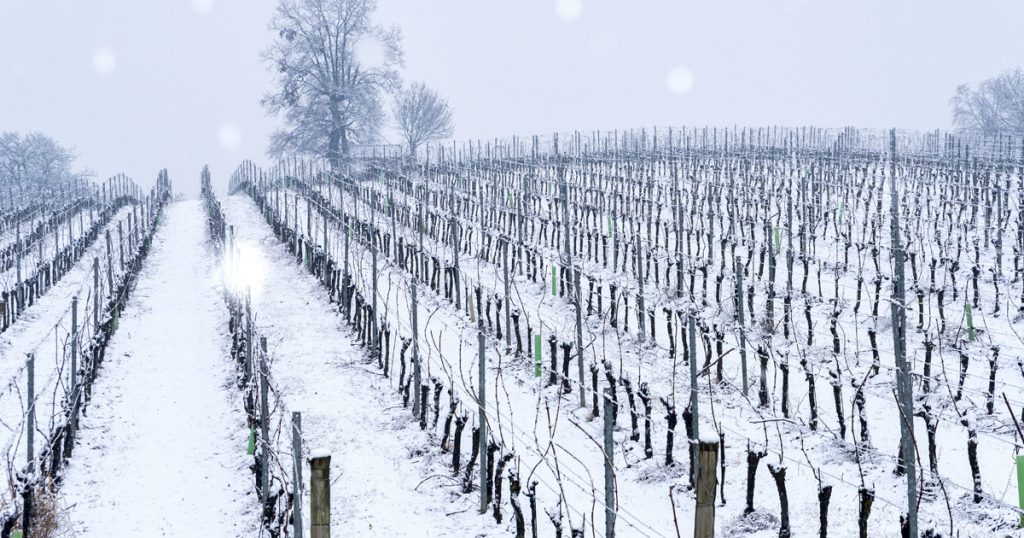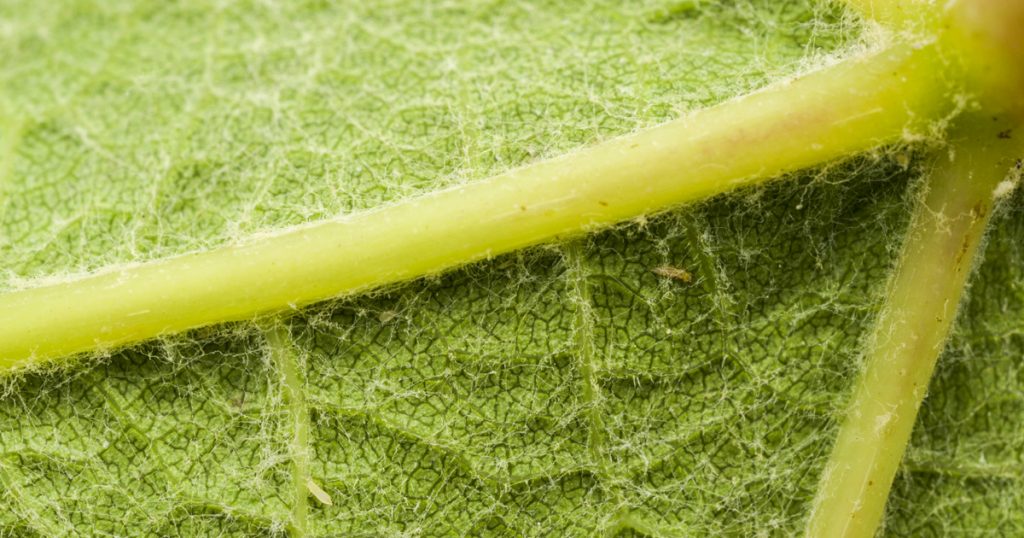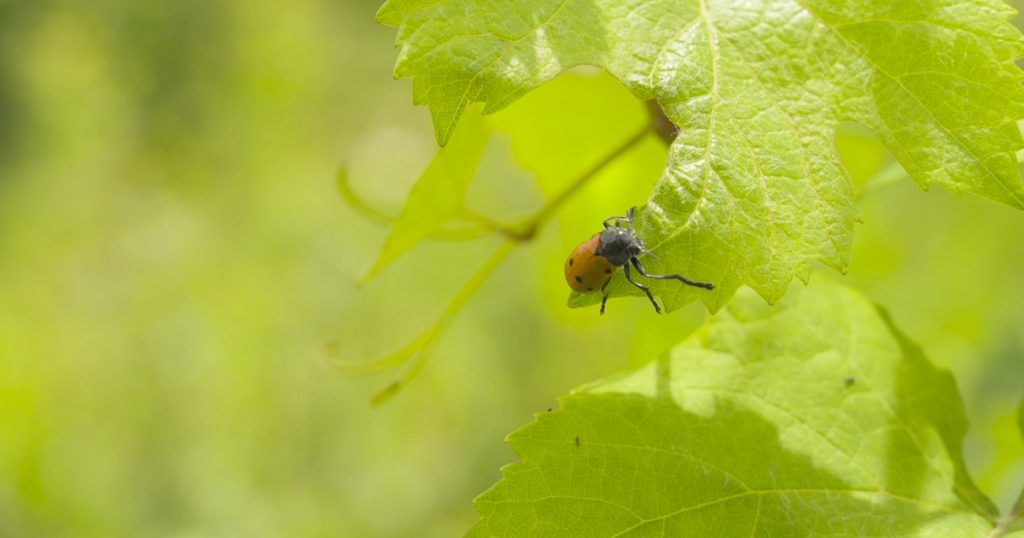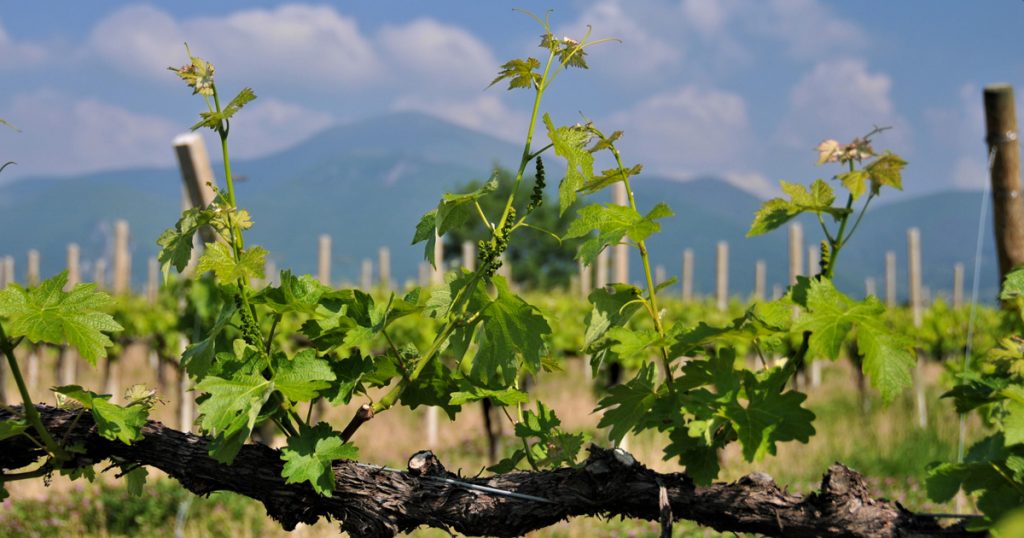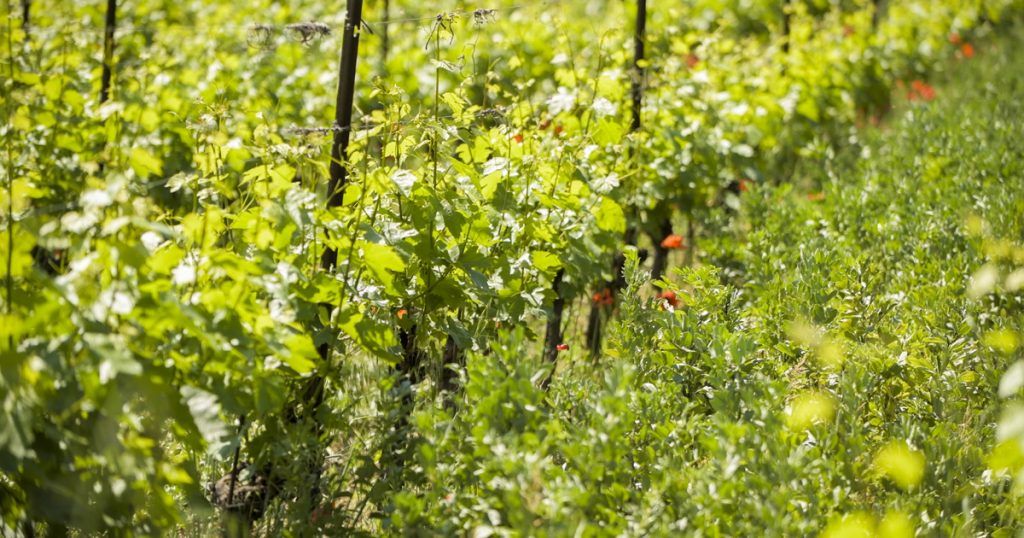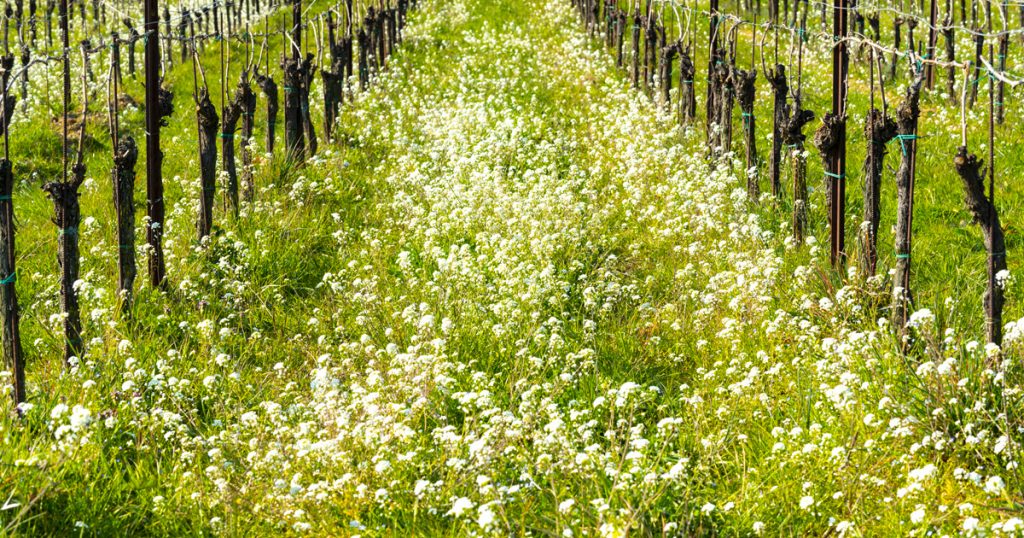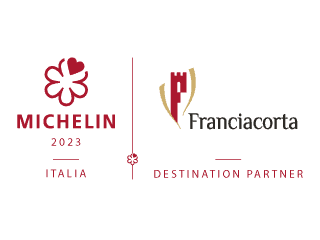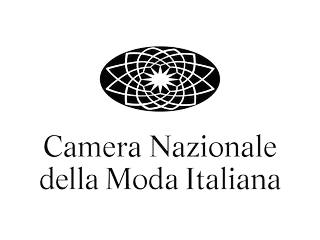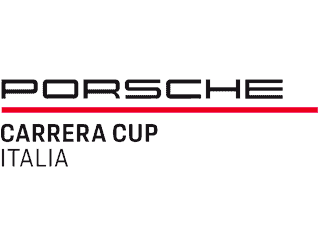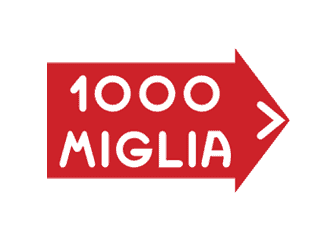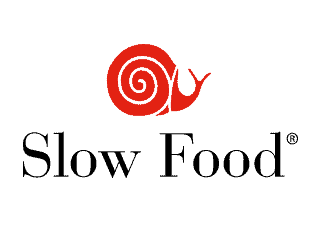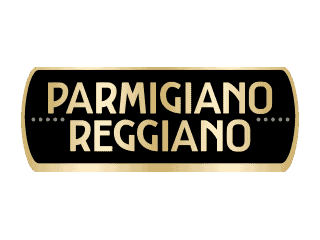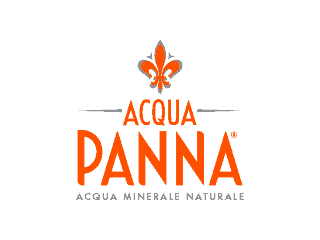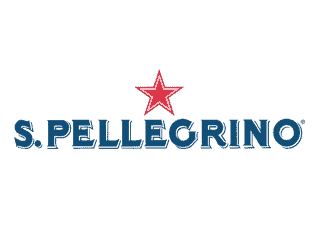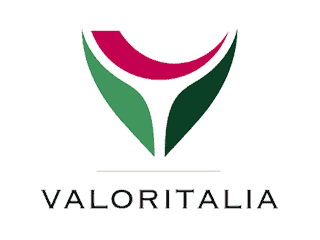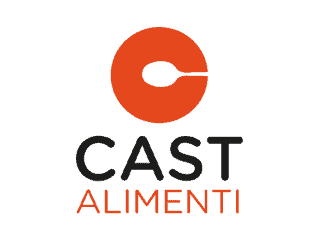Lombard winemaking is facing the threat of a dramatic reduction in organic vineyard soil fertility and a consequent reduction of biological vineyard fertility. It also needs to focus attention on objective production factor decisions and management to ensure and strengthen the recently demonstrated bond between biological fertility, soil life quality, plant health and product quality. The primary goal is thus assessing farming methods best suited to enhancing product quality, safeguarding the environment, sustainability and winery profitability. The spheres of study are as follows:
- The complexity of the population dynamic deriving from the adoption of specific plants in multi-function sowing;
- Farming choices;
- Consideration of three different organic fertiliser matrices;
- Microbial character.
Project details
This large and ambitious three-year project funded within Measure 16.1 PSR Lombard Region 2014-2020 was officially launched in March 2019.
In it the Consortium was project leader in a joint project involving multiple partners, including research institutes (Milan and Brescia universities), consultants (SATA, Centro Studi Agrea) and firms. There are a grand total of 18 of the latter, 11 in Franciacorta and 7 from Oltrepo Pavese. The scope of the project is thus twofold, Franciacorta and Oltrepo, with a view to multiplying its microclimatic and soil type observation range.
In brief, the project is structured into three experimental interconnecting and complementary blocks designed to focus on product quality, environmental sustainability and winery profitability in the winemaking context.
- The Biodiversity and Population Dynamics Ambit, whose specific goal is to orientate choices regarding the most suitable plants, both alone and in combination, calibrating them in accordance with the diverse conditions and objectives to be taken into account in individual cases. This sphere involved setting up a specific randomised block test in a vineyard specially chosen for the purpose. Plots were sown with specific plants considered of interest in farming and environmental terms for various reasons (phacelia, field bean, buckwheat, trifolium incarnatum, alyssum, compared to spontaneous growth). This was then the basis for surveys of the quality of the insect life (both useful and harmful) found and the microbiological quality of the soil.
- The Organic Substance, Soil and Product Quality Ambit, in relation to the use of matrices for different fertilising and management methods organised into two sub-blocks designed to provide evidence for the various types of soil and climate on the effects of differentiated soil-under-vine management methods. In this case the evolution of organic substances in the soil will be measured together with soil biodiversity quality, and grape and wine product quality (microvinfication and tasting).
- The Transversal Specific Microbial Bacteria Population Ambit, specifically analyses will be carried out using molecular microbial ecology approaches. These will provide an in-depth insight into microbial community structure and composition, the dynamics between them and their effects on quality.
The main results expected from the project can be summarised as follows:
– Conservation and increases in organic substances in the soil farmed to vine, healing existing imbalances and dishomogeneities;
– An increase in the biodiversity of soil farmed to vines by means of the use of various plants identified on a plot-by-plot level;
– Improvement in vine vegetative-productive balance by means of a correct, balanced addition of organic substances to the soil;
– Increase in green manure technique management efficacy in vineyards with consequent financial savings for wineries;
– Boosting sustainable vineyard soil management by means of innovative management techniques and low-impact control of complex diseases via integrated choices;
– Grape and wine quality improvements as a consequence of improvements and standardisation in vineyard soil fertility levels.
Despite the difficulties caused by the Covid-19 health emergency, experimental activities in the field by the wineries involved were maintained.
The Consortium set up a specific website for the project: www.faresubio.it
At present only partial, preliminary results are available. Final results will be presented on project completion.
